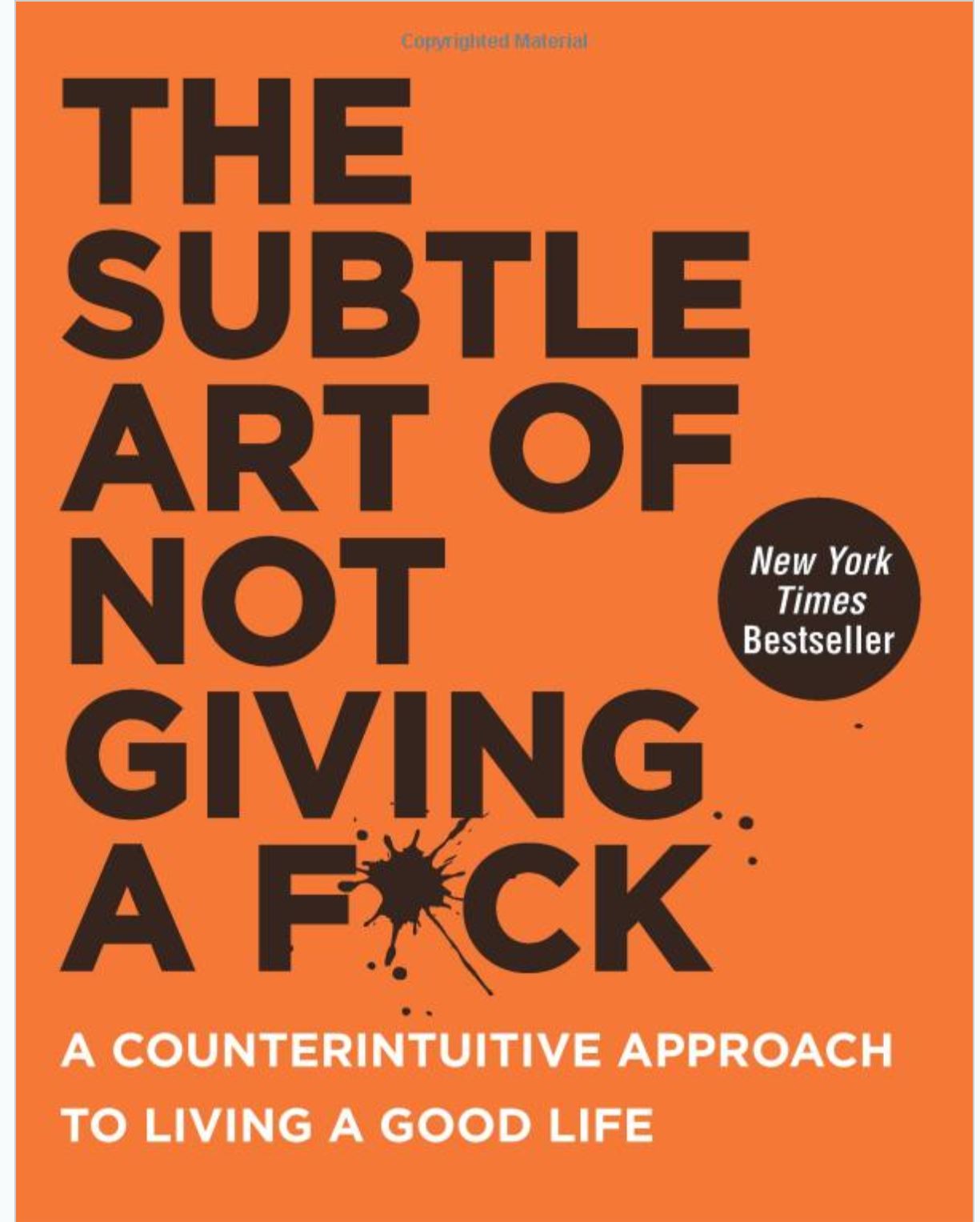A few things that I liked in 2024
Written on 1 January 2025, 11:02pm
Tagged with: data science, growth, health, kids, productivity, yearly_roundup
The #yearly_roundup of things that I enjoyed in 2024 is not too different from the previous one. In fact, looking back at the yearly roundups since 2017 I see some recurring themes: reading, work, football, traveling, health, a few TV series/games, maybe a device or a service that really brought me joy. So this time I’ll try to skip those and focus only on the things that stood up in 2024.
- Learning how to swim. Perhaps swimming it’s too much, and ‘advancing in water one lap at a time without fear of drowning’ would be a more accurate representation of what I’m doing. Either way, according to my Apple Watch, I had 64 swimming sessions in 2024, covering over 32 kilometres. I call that a win.
- Spending more time and energy on my kids growth. I even came up with a framework covering what they should know by the time they leave home. There’s a fine line though between helping them and overdoing things. Also a lot of frustrations along the way, but definitely worth the time.
- Finding joy in little things. That colour-changing, ambient light lamp. A scented candle. The digital frame reminding you about a random photo you took years ago. Having an unscheduled beer with the neighbour while chatting about your day. The first warm days of the year. The nice wallpapers. Magnets. The scent of the garden leaves in September. That puzzle game with your kids.
Sometimes you need to actively look for thin slices of joy. - Biking. Spending less time in traffic while also doing a good workout? I’m up for it (except when it’s freezing outside, because I don’t enjoy the cold).
- The law of unintended consequences. “People respond to incentives, although not necessarily in ways that are predictable. Therefore, one of the most powerful laws in the universe is the law of unintended consequences.” source: the Freakonomics guys
- Data science and data visualisation.
Yearly stats 2024:
- 10.300 pages read (up from 7100)
- 33 books read (up from 17)
- 5.10m steps (down from 5.19)
- 498 exercise hours (up from 459)
- 3870 kms covered (down from 3916)
- 259 Mcal energy burned (up from 246)
- 7h 52m slept on average (up from 7h 49m)

Until the next time 👋
- Likes (0)
- Comments (0)
-
Share

